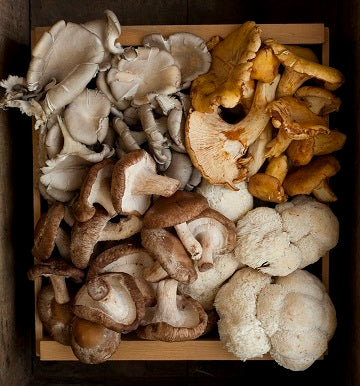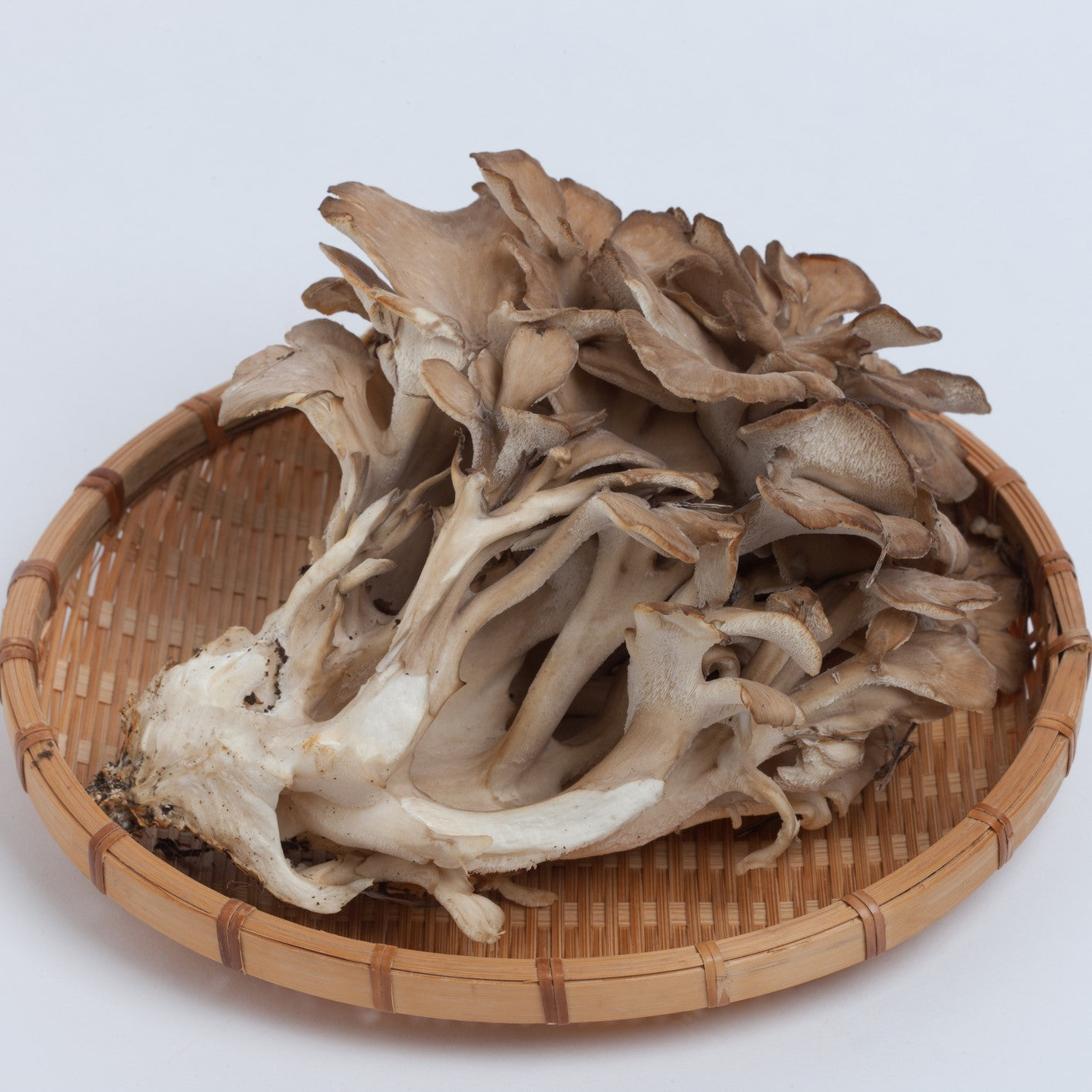Berry Smart: The Natural Way for Blood Sugar Management
Managing blood sugar levels is crucial, especially for those living with diabetes or pre-diabetes. Uncontrolled blood sugar can lead to serious complications such as cardiovascular disease, nerve damage, and kidney problems. However, managing blood sugar does not have to rely solely on medications. Instead, nature offers a sweet yet effective solution: berries.
Blueberries, strawberries, raspberries, and blackberries are examples of berries that are not only delicious, but also packed with vitamins, fiber, and powerful antioxidants. These nutrient-rich fruit are especially beneficial for blood sugar control, making them a smart choice for those looking to regulate their glucose levels naturally. In fact, the American Diabetes Association (ADA) recognizes berries as a diabetes superfood because they are loaded with fiber and antioxidants while being low in sugar and calories.
One of the key reasons berries are so effective in managing blood sugar is their low glycemic index (GI). Unlike high-GI foods that cause rapid spikes in blood sugar, consuming berries result in gradual increases, helping to maintain steady glucose levels and prevent sudden crashes. This makes them an ideal snack for diabetics and anyone else aiming to control their blood sugar.
However, the benefits don’t stop there. Research has shown that berries are rich in polyphenols, such as anthocyanins and tannins, which help improve insulin sensitivity, reduce inflammation, and protect against complications associated with diabetes, including cardiovascular disease (CVD). Regular consumption of these bioactive compounds has been linked to a reduced risk for type 2 diabetes (T2D) and improved overall metabolic health.
Studies have also shown that commonly consumed berries can ameliorate postprandial hyperglycemia (high blood sugar after meals) and hyperinsulinemia (excess insulin in the blood) in overweight or obese adults with insulin resistance, as well as in adults with metabolic syndrome. This emerging evidence suggests that berries play a valuable role in dietary strategies for preventing diabetes and managing its complications.
Therefore, if you are looking to satisfy your sweet tooth without compromising your health, it is time to discover the benefits of these small but powerful fruit. Whether fresh, frozen, or dried, berries can be a delightful and effective addition toward your diabetes management.
A Nutritional Snapshot: How Different Berries Help Manage Your Blood Sugar
Berries are sweet, flavorful, and packed with essential nutrients. But they offer more than just a great taste. For those needing to manage their blood sugar levels, berries provide a powerhouse of benefits. With their low glycemic index (GI), high fiber content, and abundant antioxidants, berries help regulate blood glucose while supporting overall health. Let us explore how different types of berries contribute to blood sugar management and why they should be a staple in a diabetes-friendly diet.
Raspberries: The Fiber-Rich Blood Sugar Stabilizer
Raspberries are small but mighty when it comes to blood sugar management. One of their standout features is their high fiber content: 8 grams per cup, which slows down the digestive process and prevents rapid blood sugar spikes. This makes them particularly effective at maintaining steady glucose levels.
Raspberries also have a low glycemic index (GI) of 32, meaning they effect a slow and gradual rise in blood sugar, unlike high-GI foods that lead to rapid spikes. Additionally, they are low in sugar, with only 4.4 grams per 100 grams, making them one of the best fruit choices for diabetics.
Apart from fiber, raspberries are rich in antioxidants, particularly anthocyanins, which give them their vibrant red color. These antioxidants have been shown to improve insulin sensitivity, helping the body use insulin more effectively and reducing the risk of insulin resistance. By incorporating raspberries into your diet, you are not just enjoying a tasty treat; you are actively supporting your blood sugar management.
Strawberries: A Sweet yet Low-Glycemic Delight
Strawberries are another excellent option for blood sugar management. They are low in calories and carbohydrates, with one cup containing just 7-8 grams of carbs and approximately 35-40 calories. Their low glycemic index makes them a safe choice for those looking to control their blood sugar naturally.
However, what sets strawberries apart is their rich nutrient profile. They are loaded with vitamin C, an antioxidant that reduces inflammation and oxidative stress; two major factors contributing to diabetes complications. Additionally, strawberries contain magnesium, a mineral that enhances insulin sensitivity, thus helping in blood sugar regulation.
High in dietary fiber, strawberries slow down sugar absorption in the bloodstream, preventing sudden spikes. They also promote satiety, which aids in weight management, an essential factor in controlling type 2 diabetes.
Blackberries: The Anthocyanin-Rich Blood Sugar Regulator
Blackberries are known for their deep, dark color and their rich concentration of anthocyanins, powerful antioxidants that improve insulin sensitivity and reduce inflammation. These antioxidants help regulate glucose levels and lower the risk of type 2 diabetes.
With a high fiber content and low sugar levels, blackberries prevent blood sugar spikes and aid digestion. They are also an excellent source of vitamins A and C, which support immune function and overall health.
Blackberries have one of the lowest glycemic indexes among fruits, making them a perfect snack for those monitoring their glucose levels. Their low calorie and carbohydrate content further contribute to weight control, which is crucial for managing diabetes.
Blueberries: The Antioxidant-Packed Insulin Sensitivity Booster
Blueberries are not just delicious; they are a potent weapon against insulin resistance. Studies show that the bioactive compounds in blueberries enhance insulin sensitivity in people with insulin resistance, lowering the risk of type 2 diabetes.
With a glycemic index of around 53, blueberries provide a slow, steady release of glucose into the bloodstream, preventing rapid spikes. They are rich in antioxidants, particularly anthocyanins, which reduce oxidative stress and inflammation. These antioxidants are also linked to improved heart health, another crucial aspect for diabetics.
Blueberries are also a good source of vitamin C, vitamin K, and dietary fiber, all of which contribute to overall well-being and effective blood sugar control. Their low-calorie content makes them a guilt-free, nutritious choice for any meal.
Summary: Why Berries Are Ideal for Dietary Blood Sugar Management
Berries are a true nutritional powerhouse. They are low in calories, rich in fiber, and packed with essential vitamins, minerals, and antioxidants. Their low glycemic index ensures a gradual rise in blood sugar, preventing spikes and crashes.
The high fiber content in berries slows down digestion, stabilizing glucose levels while promoting satiety and weight management. Their antioxidants, particularly anthocyanins, improve insulin sensitivity and reduce inflammation, offering protective effects against type 2 diabetes and cardiovascular disease.
Incorporating a variety of berries, i.e. raspberries, strawberries, blackberries, and blueberries, into your daily diet provides a delicious and effective way to manage blood sugar naturally. However, moderation is key. Berries should be consumed as part of a balanced diet, combined with other low-GI foods to maximize their blood sugar-stabilizing benefits.
Berries are more than just a tasty treat; they are a smart, natural strategy for blood sugar management. So, the next time you’re craving something sweet, reach for a handful of berries and enjoy their health benefits while satisfying your taste buds!
The Many Ways to Enjoy These Berries
Raspberries
· Add to salads
· Combine with other berries, and add a cream (sour cream, ice cream. sweet cream) for a treat
· Mix them into yogurt along with some nuts and seeds
· Blend them into a smoothie
· Use as a dessert topping
· Mix with cereal/oatmeal
Strawberries
· Add strawberries to sweeten yogurt, cottage cheese, and hot or cold cereals.
· Blend frozen strawberries into smoothies, or chop fresh strawberries for salads, side dishes, or salsas.
· Their sweet taste and plump texture make a great addition to desserts and baked goods (like strawberry short cake).
· Strawberries are also delicious dippers; dip them into whipped cream or dark chocolate for a sweet, fiber-rich treat.
· Moreover, do not forget: peanut butter and strawberry jelly sandwiches!
Blackberries
· Smoothies: Add to your favorite smoothie for a tart flavor boost and a nutrient-dense drink. Pair them with sweeter fruits like bananas or strawberries for a balanced blend.
· Baking: Incorporate into muffins, pies, or scones to add a tangy twist and vibrant color.
· Sauces and Preserves: Simmer with sweetener to create a tangy sauce for desserts, or make a flavorful jam.
· Salads: Toss blackberries into salads for a burst of tangy flavor and color. They complement greens, grains, or nuts for a fresh and vibrant dish.
· Desserts: Use in sorbets, ice creams, or as toppings for yogurt or cheesecakes. Their bold flavor adds a tangy twist to any dessert.
Blueberries
· Smoothies: Blend fresh or frozen blueberries into smoothies with spinach or kale for an antioxidant-rich breakfast.
· Oatmeal: Add blueberries to oatmeal or overnight oats for added flavor and nutrition.
· Salads: Toss fresh blueberries into salads for a burst of sweetness and color.
· Baking: Incorporate blueberries into muffins or pancakes for a nutritious twist on classic recipes.
Conclusion: Enjoying Berries for Better Blood Sugar Control
Berries are more than just a tasty treat; they are a powerful ally in maintaining healthy blood sugar levels. With their rich antioxidants, high fiber content, and low glycemic index, berries like blueberries, strawberries, raspberries, and blackberries provide a natural and effective way to stabilize glucose levels and improve insulin sensitivity. By incorporating these nutrient-packed fruits into your diet, you are not only satisfying your sweet tooth but also supporting long-term blood sugar management and overall health.
So, go ahead and enjoy these delicious berries in moderation as part of a well-rounded, diabetes-friendly diet. By making smart choices and maintaining a balanced lifestyle, you can effectively manage your blood sugar levels while savoring the natural sweetness and health benefits of berries.
================================================================
Resources Used for NWWF Blog #72: Berry Smart: The Natural Way for Blood Sugar Management
https://www.driscolls.com/article/berry-diet-for-diabetes
https://collectedmed.com/health-issues/diabetes-management/how-do-berries-help-control-blood-sugar/
https://www.eatthis.com/best-berry-high-blood-sugar/
https://wellwisp.com/diabetes-and-blueberries/
https://www.vively.com.au/post/top-5-foods-that-stabilise-blood-sugar-levels


